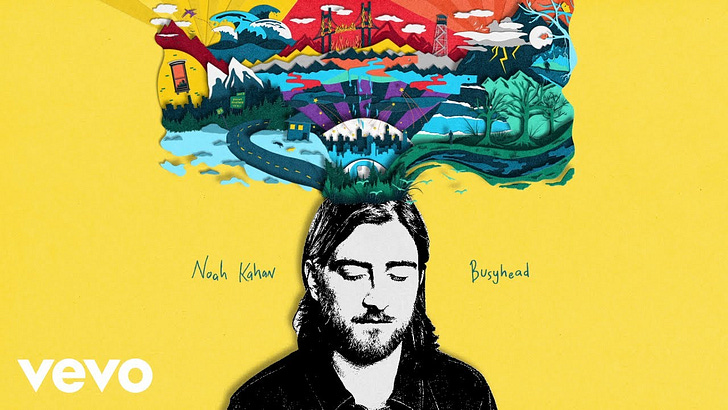May 2025: This One Thing
Fully conscious that I must come across as low-brow in my tastes following Kyle’s aesthetic critique, I begin this month with two pop songs that capture one response to social decay, one that is neither optimistic nor apocalyptic, but reflective. It is a space that I have found comforting.
First, “Cynic” by Noah Kahan. I would encourage you to listen to/read the first verse and chorus in particular, but I zoom in on the last line:
Give me the open mind that I had before
“Cynic” shows me that melancholy is a solid counter to anxiety. The song is not hopeful, but it is not despairing; despair is hope extinguished, and we cannot tamper with our tomorrow’s hope when we spend our time processing, fully, who we are today. There is some wistful longing in “Cynic,” but it is not regret; the writer does not place themself as a bygone self taking a second shot at an experience, a decision.
In this meditative present, the writer realizes what they want, and makes one, and only one, definitive request as a remedy to their paralysis. There is a stark clarity to this melancholy that distinguishes it from existential anxiety. Of course, the writer is passive — they cannot take actionable steps to win an open mind for themself — but we seem to have at least somewhere to get started. It is a humble wish that I wish we all would wish more.
Second, “Good People” by Jack Johnson. Again, there is more to it, but I have excerpted:
Well you win, it's your show now
So what's it gonna be
'Cause people will tune in
How many train wrecks do we need to see…
Where did all the good people go,
I've been changing channels
I don't see them on the TV shows
The optimism in “Good People” is understated. Perhaps it is nonexistent; to the extent that it exists, it exists because I impute it. In that sense, it is a more realistic estimation of what it means to find optimism in the world. At the beginning, the writer says, “It’s your show now, so what’s it gonna be?”, then proceeds to list grounds for despair and articulates the perplexing helplessness of staying sane amid others who do not.
But we can read the song backward. We are not answering, “I don’t see them [good people] on the TV shows,” to the question, “What’s it gonna be?” Instead, we are asking, “Where’d all the good people go?”, and answered, “It’s your show now.” In other words, Jack Johnson, like Noah Kahan, has found his one revelation — agency. We have not answered the question repeated throughout the song, but we have taken ownership of it.
We all need somewhere to start.
I rushed to get this essay out since it’s been a while, but I’ll come back to some questions raised by “Good People” in my next post, from a more theological/philosophical angle, regarding preserving goodness when people give up on it. Stay tuned!



